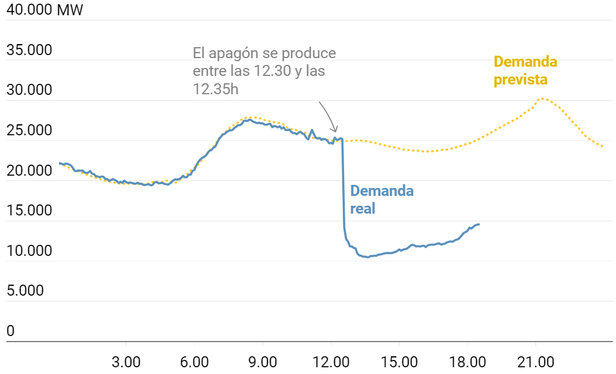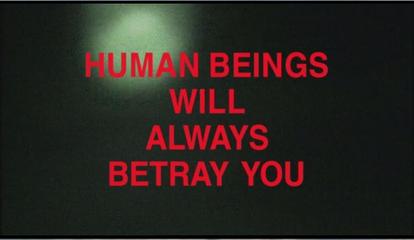Last week's #PowerOutage in Spain was a wake-up call for many people. I personally found out at 12:35 that my printer wasn't responding, and seeing that our house was without electricity, I went out on the street, like several neighbours. Through them, I got fragments of news, some had still mobile data connection, while most had no network coverage whatsoever.
1/X


